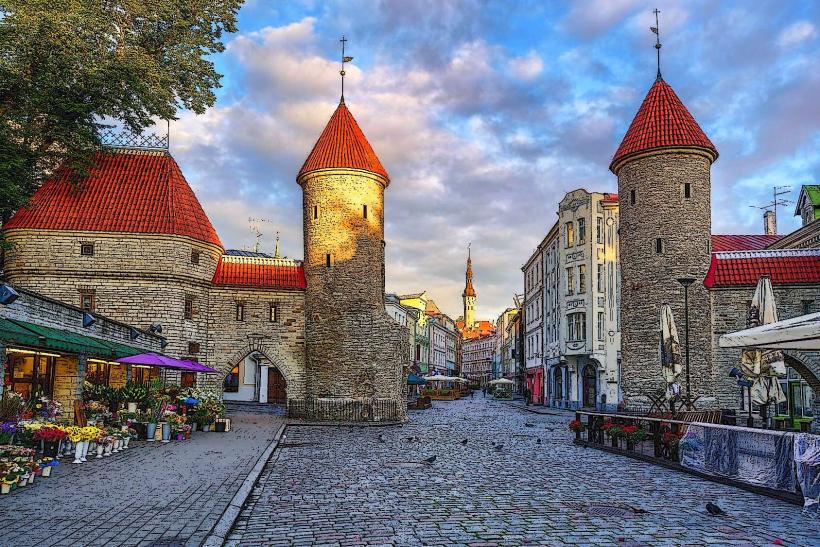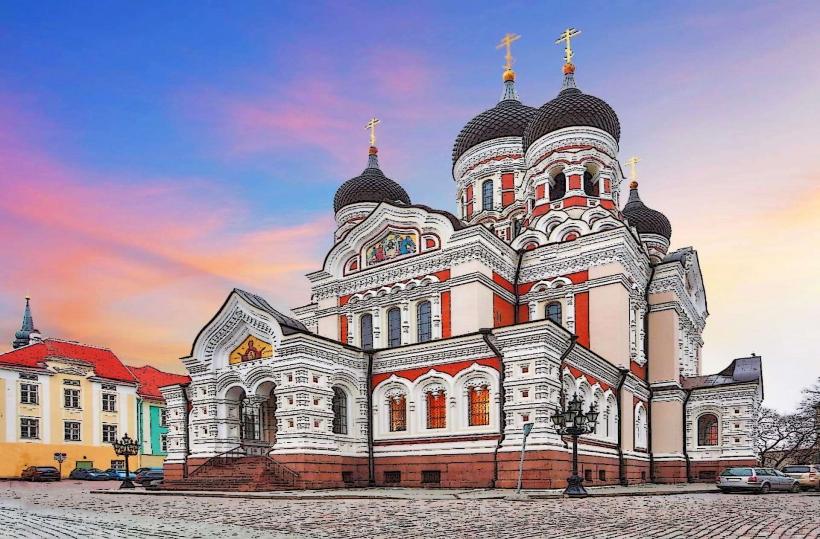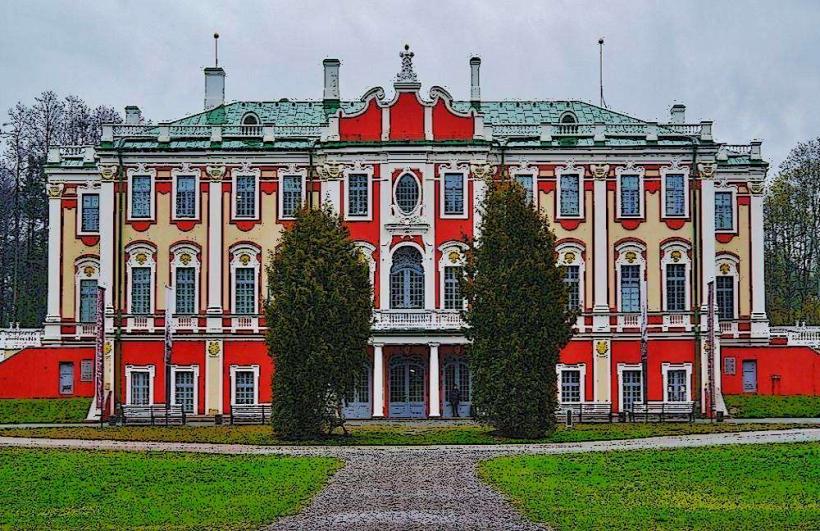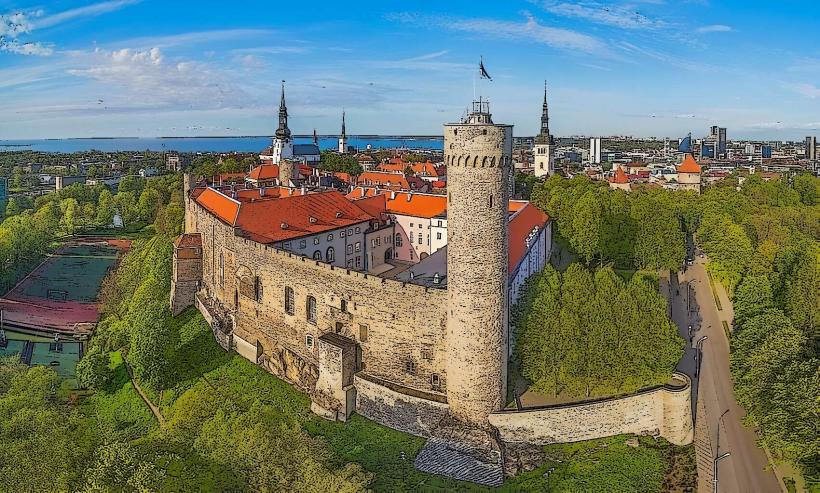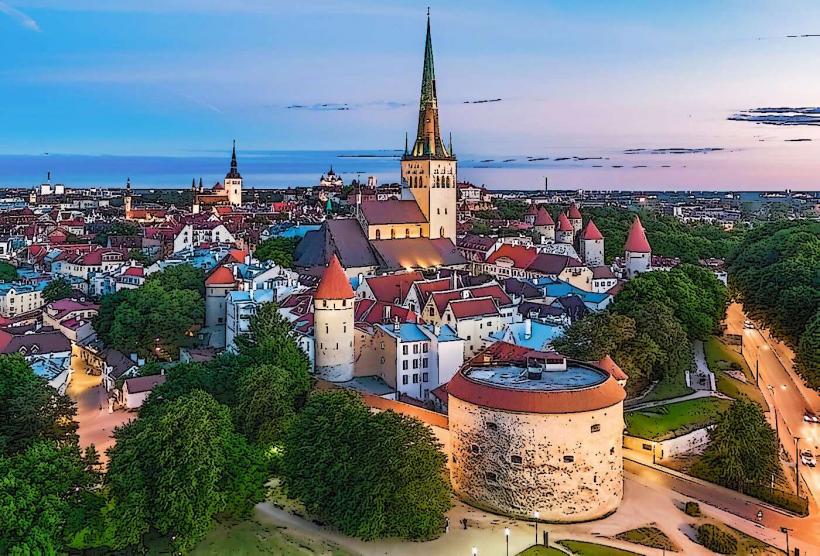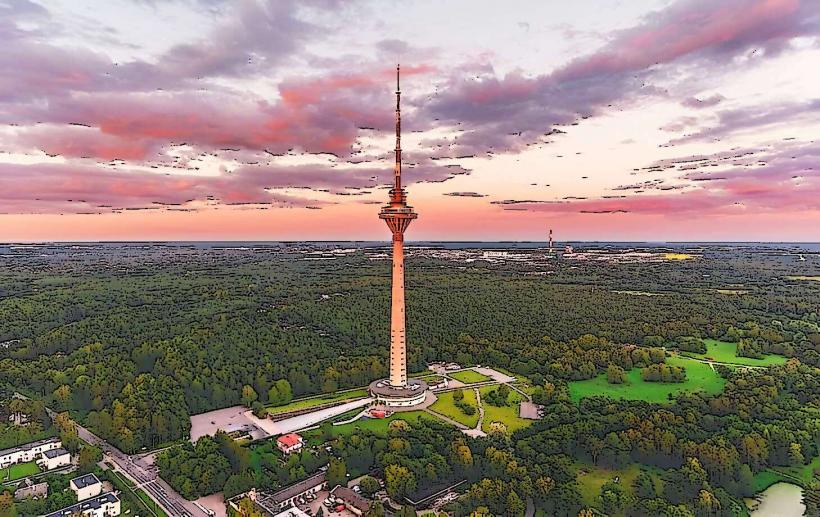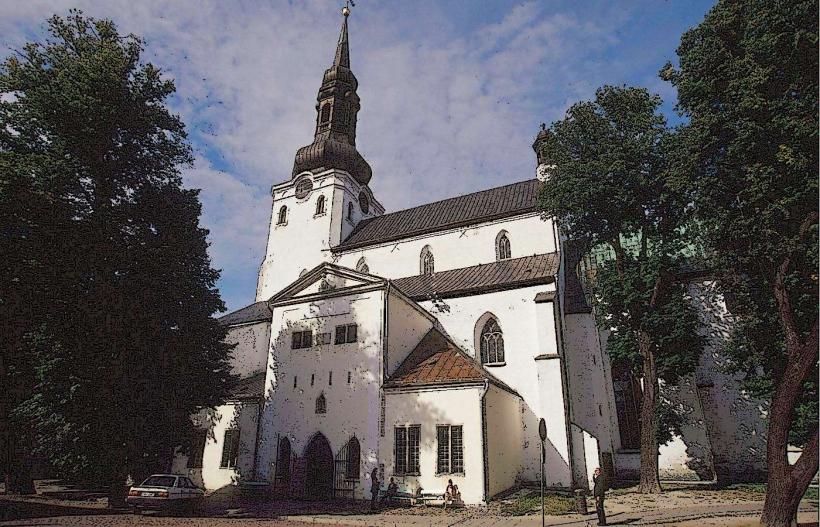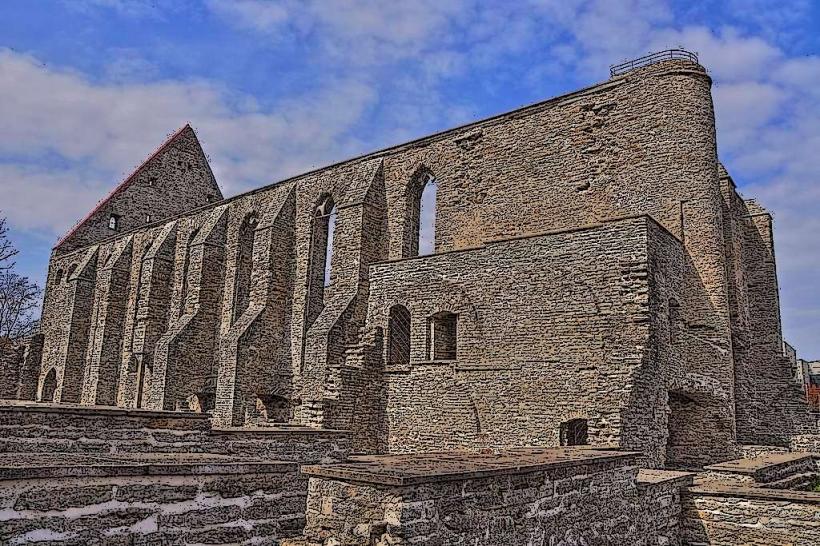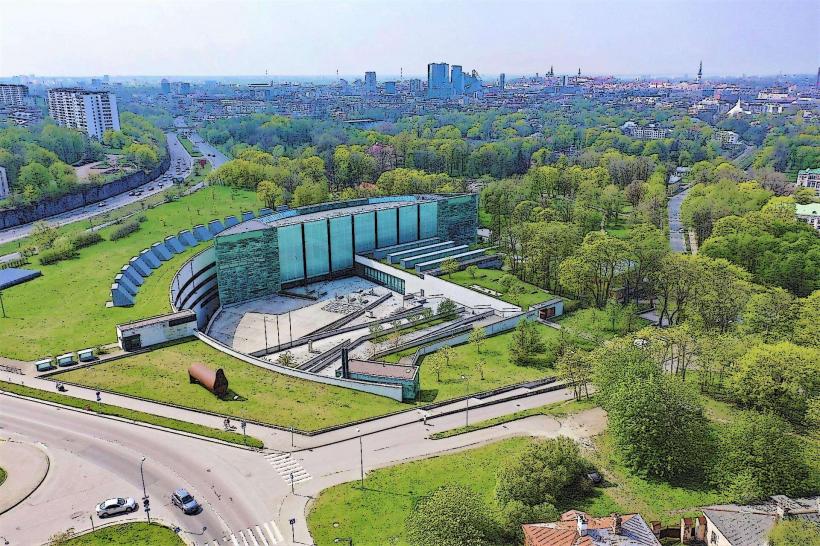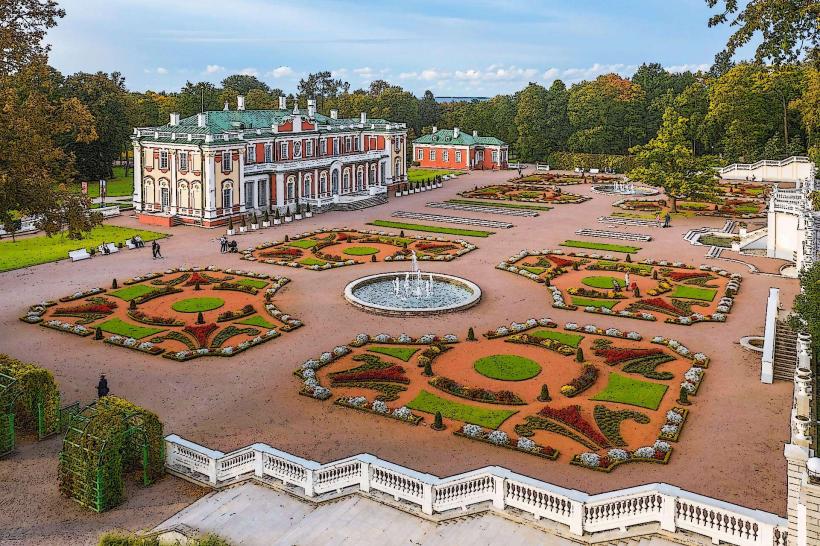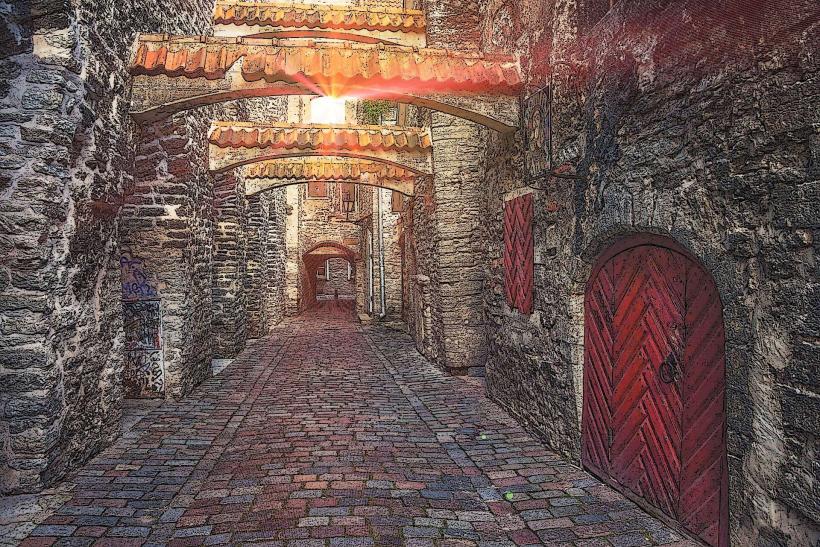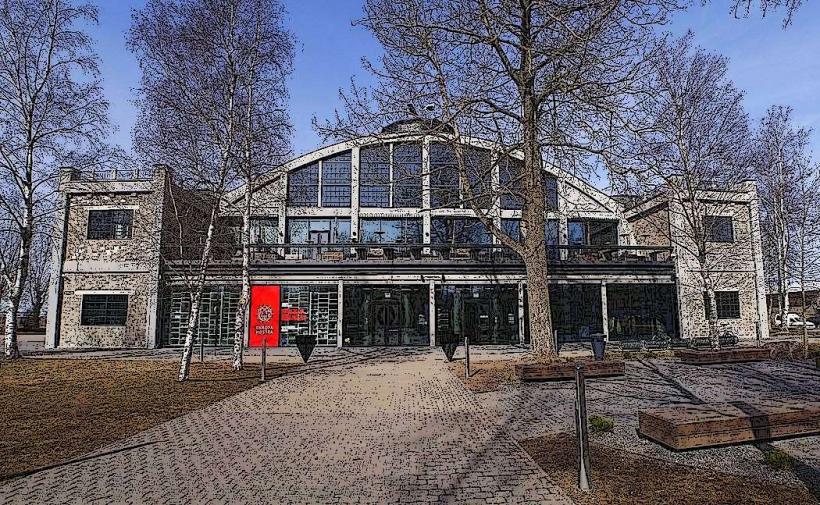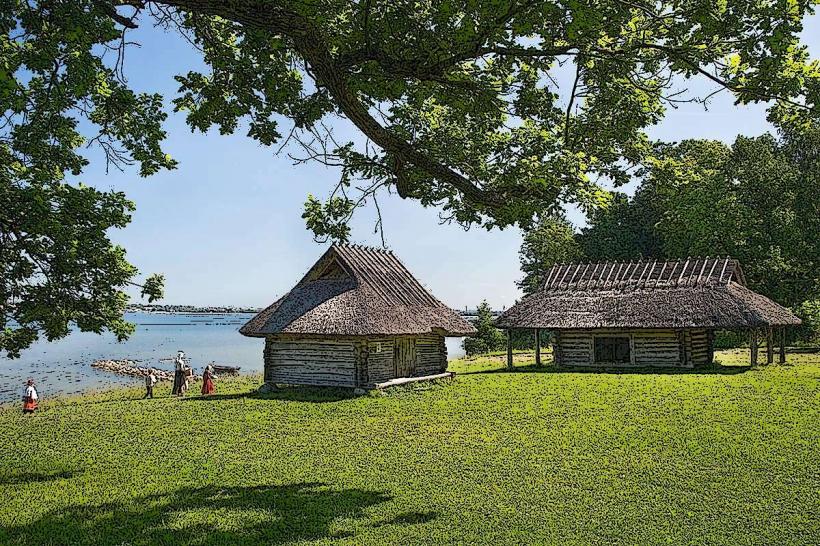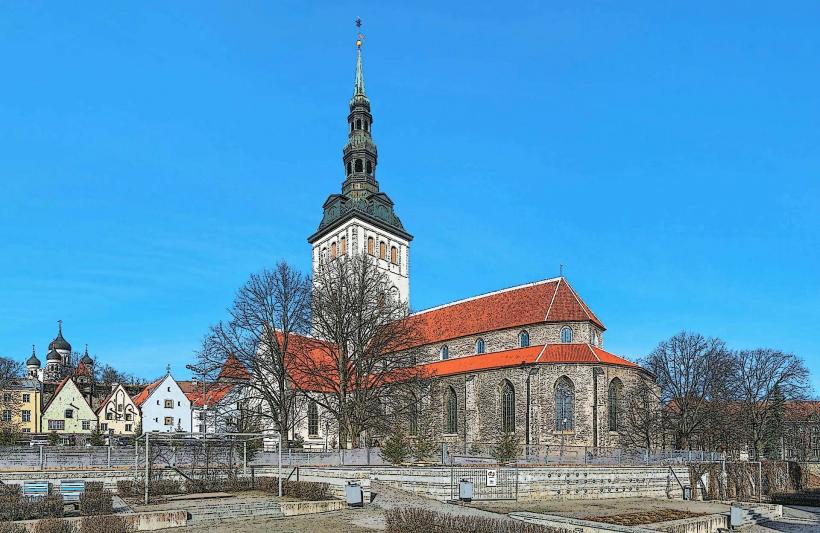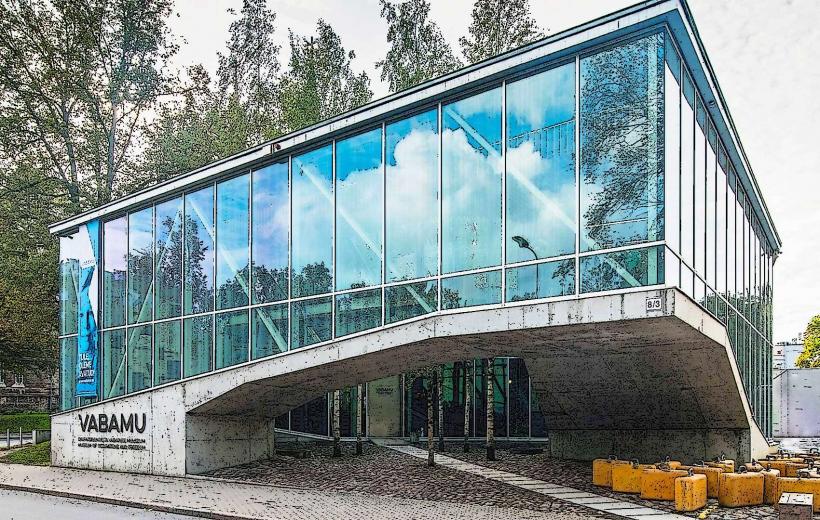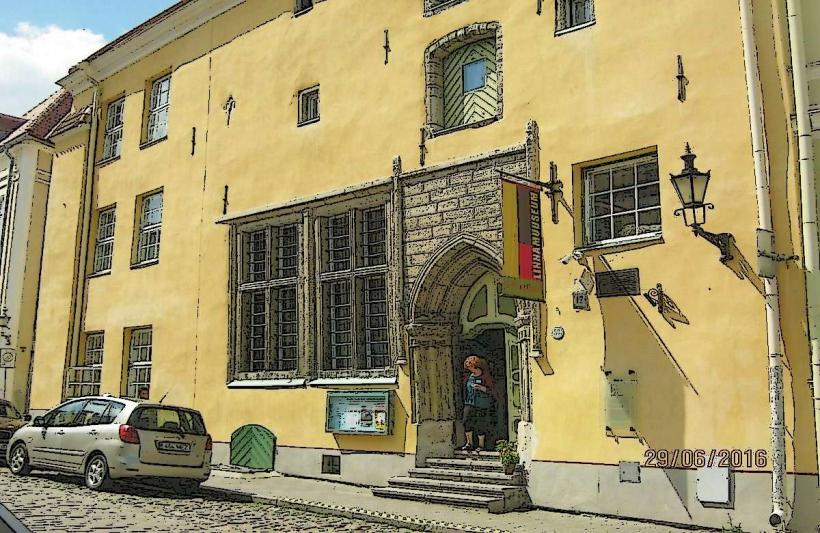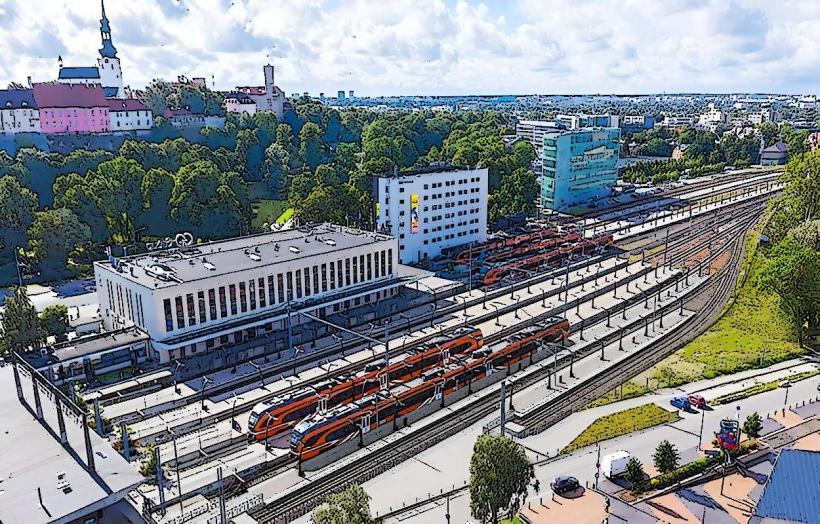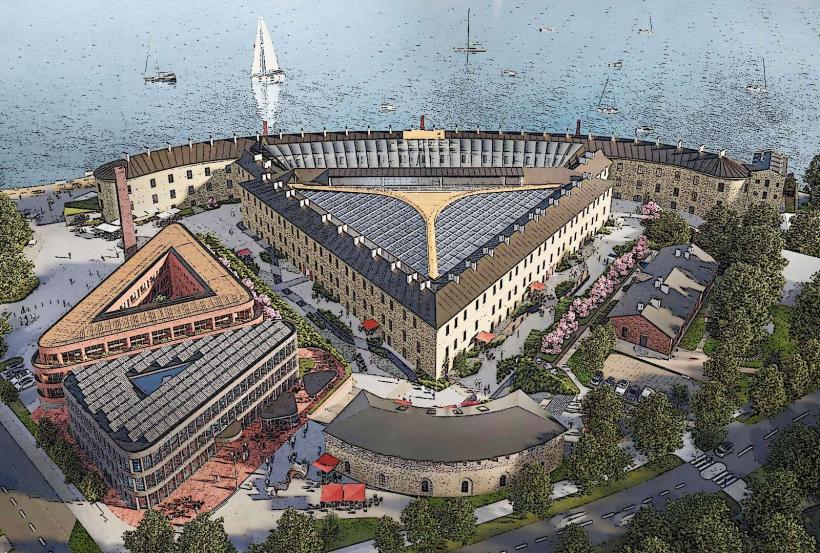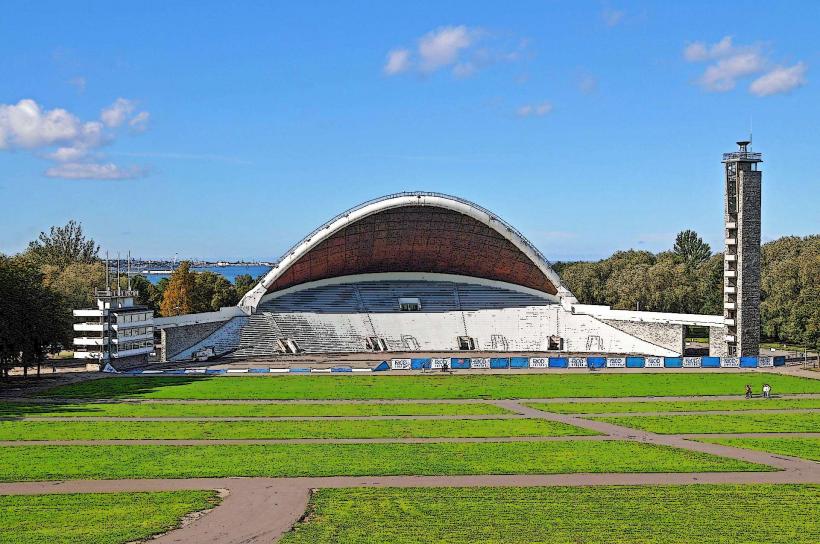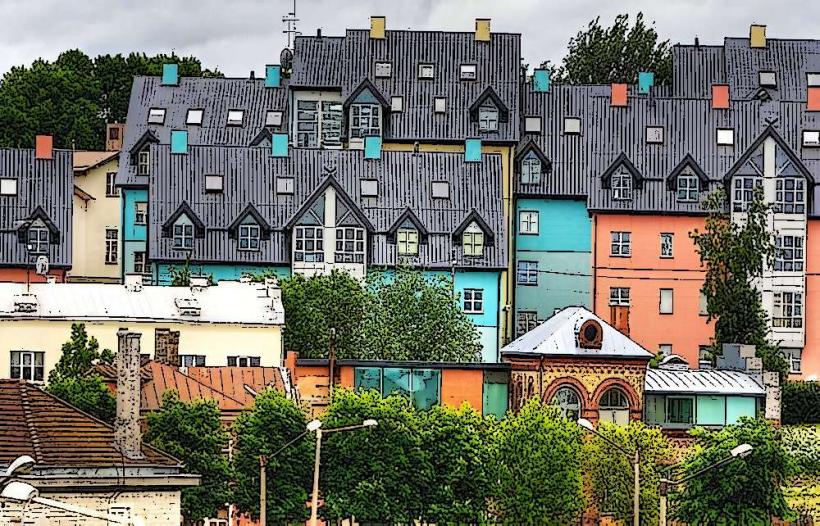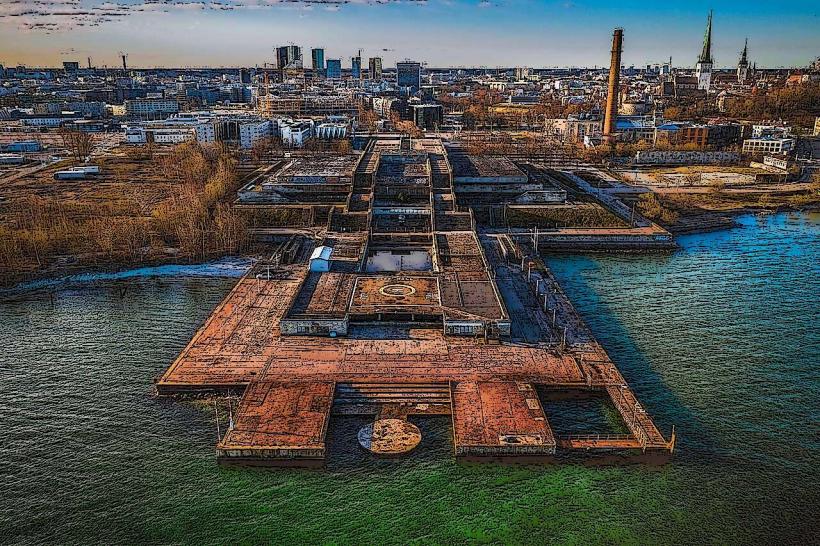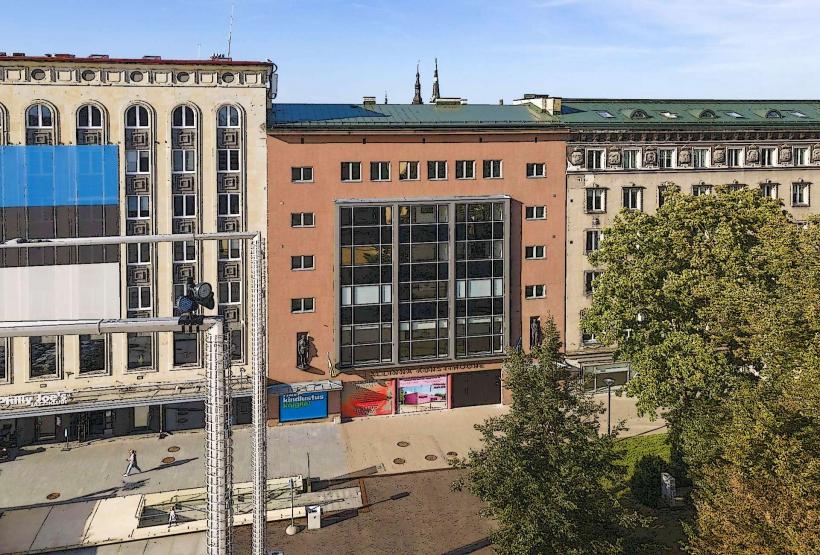Information
Landmark: Tallinn Town HallCity: Tallinn
Country: Estonia
Continent: Europe
Tallinn Town Hall, Tallinn, Estonia, Europe
Visual Characteristics
The structure is a two-story Gothic building constructed primarily from grey limestone and red brick, featuring a distinctive octagonal spire topped with the Vana Toomas weather vane. Its facade includes pointed arches, decorative gargoyles, and a prominent open arcade at ground level. The building's height, including the spire, reaches approximately 64 meters.
Location & Access Logistics
The Town Hall is located in the pedestrianized Raekoja plats within Tallinn's Old Town. Access by car is restricted; visitors typically park outside the Old Town walls at designated lots such as those near Viru Keskus (0.7 km East) or Vabaduse väljak (0.5 km South). Public transport options include tram lines 1, 2, 3, and 4 to the Viru stop (0.7 km East) or various bus lines to stops around Vabaduse väljak (0.5 km South), requiring a short walk into the Old Town.
Historical & Ecological Origin
Construction of the Tallinn Town Hall began in the early 13th century, with its current Gothic form largely completed by 1404. It was built by local master builders and artisans, serving as the seat of the city council (Magistrate), a court of justice, and a central point for trade activities in the Hanseatic city. It is the only surviving Gothic town hall in Northern Europe.
Key Highlights & Activities
Visitors can explore the main hall, the council chamber, and the treasury room, which now function as a museum. Seasonal access to the Town Hall tower allows for panoramic views of the Old Town and surrounding areas. Guided tours are available during opening hours, providing historical context for the building's various functions.
Infrastructure & Amenities
Restrooms are available inside the Town Hall museum during operating hours. The Town Hall Square offers limited natural shade, primarily from surrounding buildings. Cell phone signal (4G/5G) is generally strong throughout the area. Numerous cafes, restaurants, and souvenir shops are located directly on Raekoja plats and the adjacent streets.
Best Time to Visit
The best time to visit for photography is in the morning to capture the eastern facade with optimal light and fewer crowds. The summer months (June to August) offer the warmest weather and extended daylight, with the Town Hall tower typically open for ascent. The Christmas market in December transforms the square, offering a different seasonal experience.
Facts & Legends
The weather vane atop the spire, known as Vana Toomas (Old Thomas), has stood guard over Tallinn since 1530. Legend states that Old Thomas was a peasant boy who excelled at an archery competition, winning the right to be the city's guardian. Another historical oddity is the dragon-headed gargoyles on the facade, which served as rainwater spouts and were believed to ward off evil spirits.
Nearby Landmarks
- Raekoja plats (Town Hall Square) - 0 km
- St. Olav's Church (Oleviste kirik) - 0.6 km North-East
- Toompea Castle - 0.7 km West
- Alexander Nevsky Cathedral - 0.7 km West
- Kiek in de Kök Fortification Museum - 0.6 km South-West

